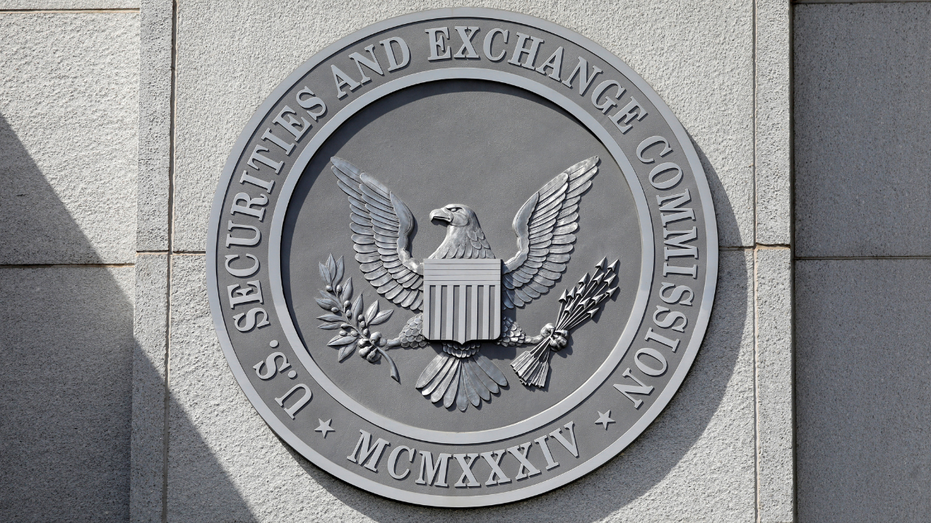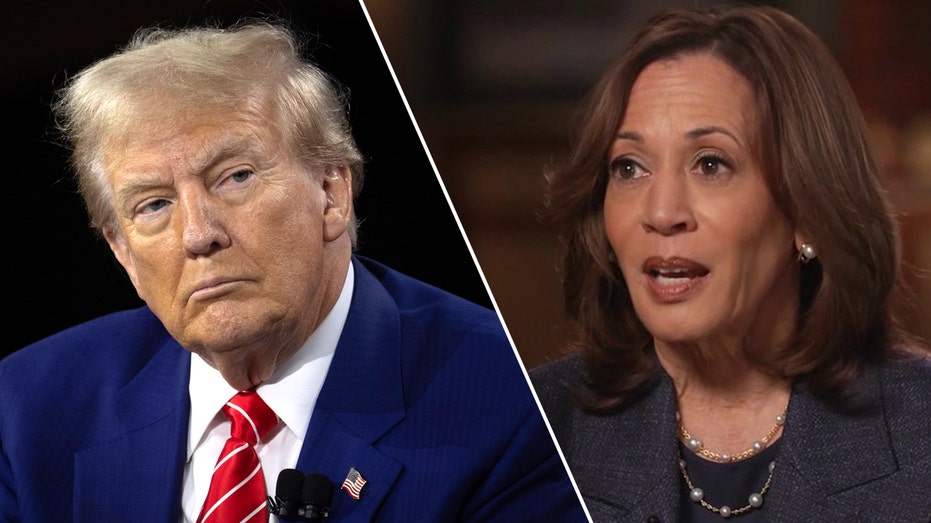Cash News
Coinbase chief legal officer Paul Grewal discusses the ’emergence of the crypto voter,’ on ‘The Claman Countdown.’
Exclusive: Pennsylvania became the latest state to pass a bill establishing some regulatory clarity surrounding digital assets, continuing a trend where legislatures and governors across the country attempt to provide some rules of the road for the U.S. crypto industry, FOX Business has learned.
The move comes amid continued confusion on the federal level over crypto regulation, and which federal agencies should take the lead in enforcing basic investment rules on the still nascent, $2 trillion digital asset market.
On Wednesday, the Pennsylvania House of Representatives passed a bill that protects residents’ rights to self-custody digital assets, ensures their ability to use bitcoin as a payment and provides explicit guidelines around taxing bitcoin transactions. House Bill 2481, dubbed the Bitcoin Rights bill, sailed through with strong bipartisan support, winning by an overwhelming majority of 176 votes to 26. The vote included 76 Democrats and unanimous backing from all 100 Republican members.
BITCOIN MINERS LAUNCH AD CAMPAIGN IN SWING STATES TO BOOST CRYPTO-FRIENDLY CANDIDATES
The bill will move on to the Republican-led Pennsylvania Senate after the election and, if passed, onto Gov. Josh Shapiro’s desk.

Pennsylvania Gov. Josh Shapiro during an interview at the State Capitol building in Harrisburg, Pennsylvania, on Feb. 28, 2024. (Photographer: Rachel Wisniewski/Bloomberg via Getty Images / Getty Images)
The bill, crafted by outside bitcoin advocacy group Satoshi Action Fund (SAF), is the latest effort to help lawmakers understand the nuances of blockchain technology and bitcoin. SAF has succeeded in helping write and pass similar legislation in 20 other states, with four bills becoming law in Oklahoma, Louisiana, Montana and Arkansas. The group’s main priority is to help mainstream bitcoin at the state level and encourage state lawmakers to do what the federal government has yet to do – establish some clear rules of the road for crypto and normalize it as a mode of transaction.
Some state laws involving financial products sold to small investors can be controversial; the federal jurisdiction surrounding modes of payment methods often trumps state law. Meanwhile, the federal government has yet to define which digital assets, aside from bitcoin and ethereum, are securities like stock or bonds, and fall under disclosure rules imposed by the Securities and Exchange Commission.
EXODUS DONATES $1.3M TO CRYPTO ADVOCACY GROUP TO AID ELECTION DAY VOTE EFFORTS

The seal of the U.S. Securities and Exchange Commission (SEC) is seen at their headquarters in Washington, D.C., May 12, 2021. (Reuters/Andrew Kelly/File Photo / Reuters)
A separate federal agency, the Commodity Futures Trading Commission, oversees crypto that is deemed a so-called commodity with a lighter regulatory touch. Crypto regulation has morphed into a potent political issue in an election year with Republicans and the party’s presidential nominee, former President Donald Trump, championing fewer rules to curry favor with some 50 million Americans who believe the Biden administration’s heavy regulatory hand has stymied innovation.
“In such polarizing times, it’s great to see both sides of the aisle come together to further innovation and prioritize security for Pennsylvanians who own and transact with cryptocurrency,” Republican Pennsylvania state Rep. Mike Cabell, the bill’s sponsor and a long-time bitcoin investor, told FOX Business.
Crypto ownership in Pennsylvania has also accelerated with 1.5 million residents owning some form of digital asset, or roughly 12% of the 13 million people who reside there.
ELON MUSK GIVES NOD TO JOHN DEATON IN MASSACHUSETTS SENATE RACE AGAINST ELIZABETH WARREN
The state’s role as one of the most consequential battlegrounds in the upcoming presidential election has made it a target for fervent political spending by the U.S. crypto industry looking to sway votes in favor of candidates who will champion them. With just two weeks to go until election day, those 1.5 million crypto owners could make a big difference in tight races like the Senate battle between incumbent Democratic Sen. Bob Casey and his challenger, Republican Dave McCormick, a businessman and bitcoin advocate.
The race for the White House between Trump and Vice President Kamala Harris in Pennsylvania is also heating up with both candidates now neck and neck in the polls.

Carnegie Mellon University professor and former SEC chief economist Chester Spatt breaks down the 2024 presidential candidates’ economist “wish” lists. (Fox News/Getty Images / Fox News)
“Pennsylvania is the most important battleground state in the presidential race, and the outcome could hinge on a small handful of voters,” said Dennis Porter, founder of the Satoshi Action Fund, which was instrumental in crafting the Bitcoin Rights bill. “With the bill already passed in the Pennsylvania House and poised to pass the Senate, it stands as a pivotal issue for candidates and voters. What’s more, the bitcoin vote represents a new, growing voter bloc actively searching for a political home.”
GET FOX BUSINESS ON THE GO BY CLICKING HERE
Pennsylvania is currently the only state with a split legislature, meaning neither party has complete dominance, and bills always need bipartisan support to pass. The bipartisan reception of the bill in the Democrat-led lower chamber, combined with resounding support from Republicans, is encouraging for Cabell, who is hopeful for another victory in the Senate.
“A bill geared towards the right to financial freedom should be bipartisan,” Cabell said. “The 26 ‘nos’ came from members with less of an understanding about blockchain technology and some others with concerns about bitcoin’s effects on the environment.”

